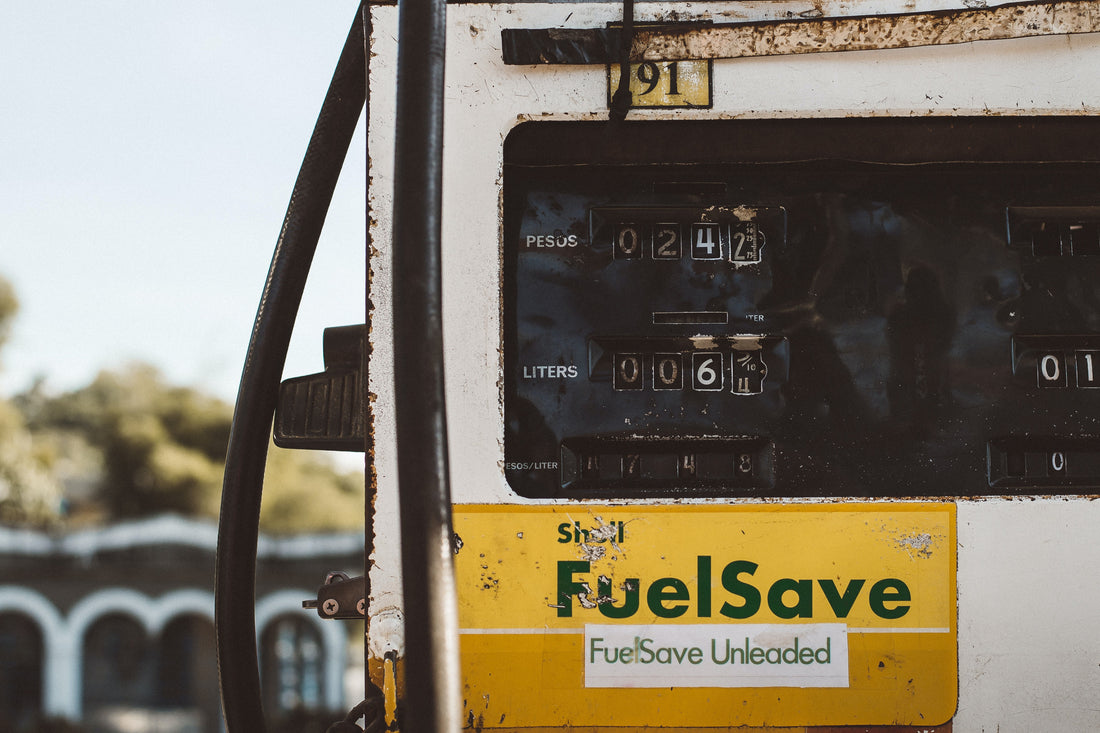R9 Specification Fuel Hose: The Essential Upgrade for Your Vehicle

If you're working on a car restoration project, upgrading fuel systems, or simply replacing a fuel hose, you've likely come across the term "R9 specification fuel hose." It's easy to overlook the importance of the humble fuel hose, but selecting the right one is critical for the safety, performance, and longevity of your vehicle. Let's explore what the R9 fuel hose specification entails, why it's superior, and the problems you may face if you don’t use the correct fuel hose.
What Is R9 Specification Fuel Hose?
The R9 fuel hose is a modern, high-spec fuel line designed to handle the higher pressures and temperatures of today's fuel injection systems. It’s made from high-quality materials like FKM (fluoroelastomer) for the inner layer and reinforced with synthetic fiber. This allows it to resist the harsh chemicals and high ethanol content found in modern fuels, such as E10, E15, and even E85.
This hose is rated at 100 PSI working pressure and can withstand temperatures ranging from -30°C to 135°C, making it suitable for high-pressure, high-temperature environments found in fuel-injected engines. Compared to older rubber fuel hoses (such as R6 and R7), the R9 is much more durable, resistant to degradation, and compliant with modern fuel standards.
Benefits of Using R9 Fuel Hose
1. Resistance to Ethanol in Modern Fuels
With the growing use of ethanol-blended fuels like E10 and E85, the fuel hoses are exposed to ethanol's corrosive nature. Older fuel hoses (like R6 or R7) degrade quickly when exposed to ethanol, leading to cracking and leaks. R9 hoses are specifically designed to resist ethanol, making them far more durable.
2. High Pressure and Temperature Tolerance
Fuel-injected engines operate at much higher pressures than carbureted engines. R9 hoses can handle up to 100 PSI, ensuring that they won’t rupture under the pressure of modern fuel systems. Additionally, they are designed to endure high temperatures, making them suitable for both under-the-hood and near-engine applications where heat can be extreme.
3. Reduced Permeation of Fuel Vapors
One major environmental and safety advantage of R9 hoses is their low permeation rate. Older hoses can allow fuel vapors to escape, which not only contributes to air pollution but also increases the risk of fire. R9 hoses are designed to minimize fuel vapor permeation, making your vehicle safer and more environmentally friendly.
4. Longer Lifespan
Because of their resistance to ethanol, high pressure, and temperature extremes, R9 fuel hoses last much longer than older hose specifications. This means fewer replacements, reducing your long-term maintenance costs and saving you time.
5. Compliance with Modern Standards
The R9 specification is compliant with modern vehicle manufacturing standards, meaning it’s an ideal choice for newer cars or any vehicle using modern fuels. If you're modifying a classic car with a modern fuel system, R9 hoses will meet the higher demands without issue.
Problems Caused by Not Using the Correct Spec Hose
1. Premature Hose Failure
Using lower-spec hoses, such as R6 or R7, on modern fuel-injected engines can lead to premature failure. These hoses aren't designed to handle the pressure or ethanol content in today’s fuels. Over time, they will deteriorate, crack, or even burst, which can cause fuel leaks and dangerous conditions under your vehicle's hood.
2. Fuel Leaks and Fire Hazards
A hose not rated for modern fuel blends, particularly those containing ethanol, can become brittle and crack. This can lead to dangerous fuel leaks, significantly increasing the risk of fire in your engine bay. Fuel leaks are one of the most common causes of car fires, and using the wrong fuel hose is an easy way to put yourself and others at risk.
3. Poor Fuel Efficiency and Engine Performance
Fuel vapor permeation from old or incorrect hoses can reduce fuel efficiency and negatively impact engine performance. A hose that allows fuel vapors to escape means your engine isn't getting the precise fuel-air mixture it needs for optimal combustion, leading to poor performance and reduced fuel economy.
4. Damage to Other Components
When a non-compliant fuel hose fails, it can also damage other parts of the fuel system. Fuel leakage can degrade nearby components, such as electrical wiring, and even damage the vehicle’s bodywork if not addressed quickly. The cost of repairs from this collateral damage can far exceed the cost of upgrading to an R9 fuel hose.
5. Environmental Harm
Older fuel hoses tend to leak vapors into the atmosphere, contributing to environmental pollution. With tighter environmental regulations in place globally, using a low-permeation hose like the R9 can help you reduce your car’s environmental footprint, which is especially important if you drive in areas with strict emissions standards.
Conclusion
When it comes to maintaining or upgrading your vehicle’s fuel system, choosing the right fuel hose is not just a matter of preference—it's a matter of safety, performance, and longevity. The R9 specification fuel hose offers numerous advantages over older hoses, including resistance to ethanol, high pressure and temperature tolerance, and a longer lifespan. Not using the correct specification hose can result in leaks, performance issues, and increased risks of fire.
In short, if you're working on a modern fuel system or upgrading an older car to use modern fuels, an R9 specification fuel hose is the smart, long-term investment that will keep your vehicle running safely and efficiently for years to come.
By upgrading to an R9 fuel hose, you're not just choosing a hose, you're choosing peace of mind. Don’t take risks with your fuel system—make sure your hose is up to the task!
